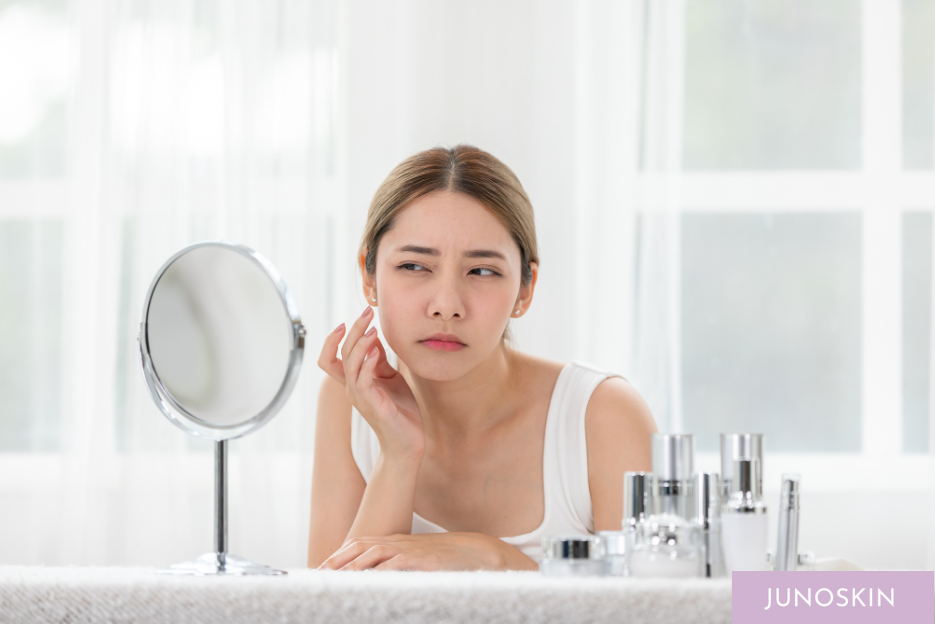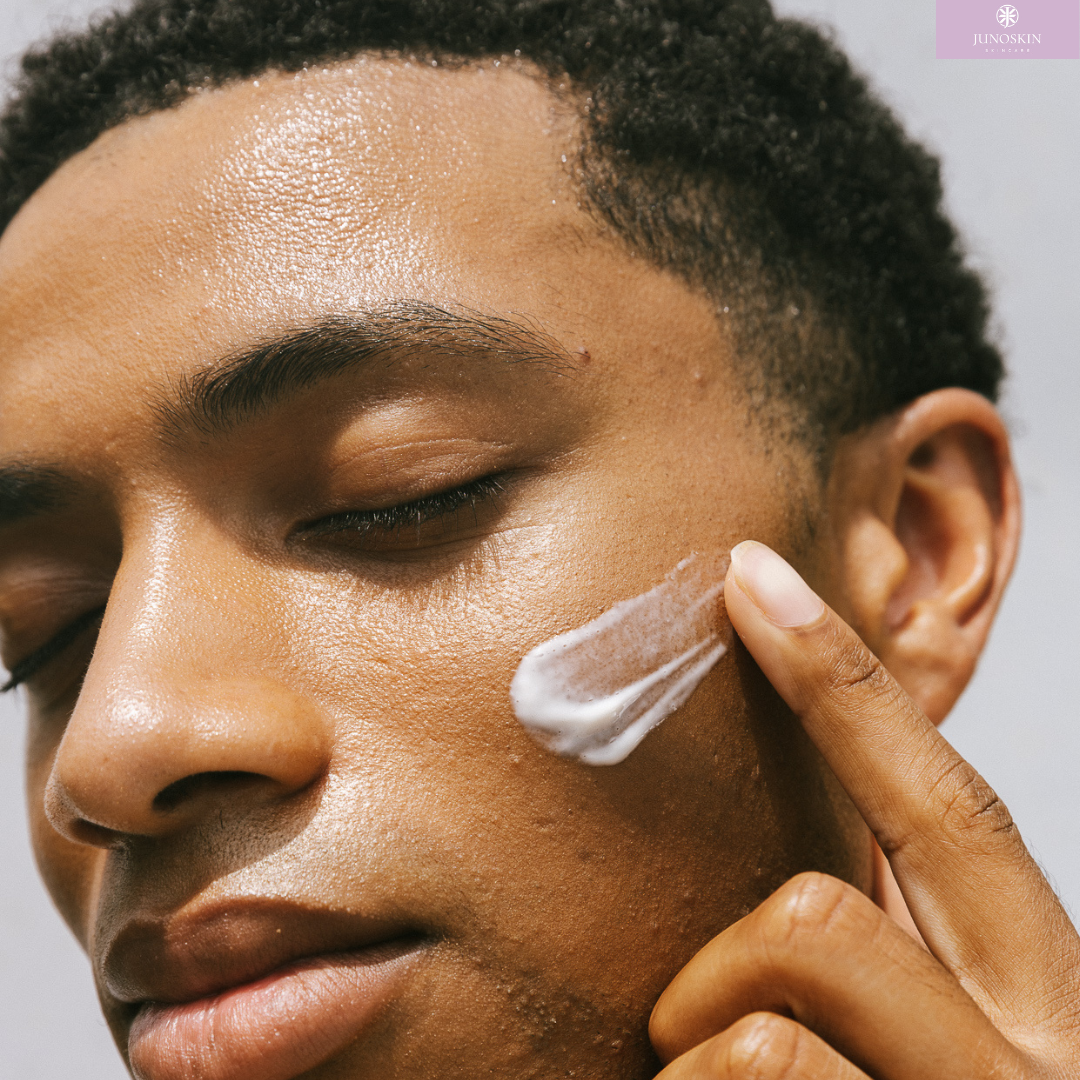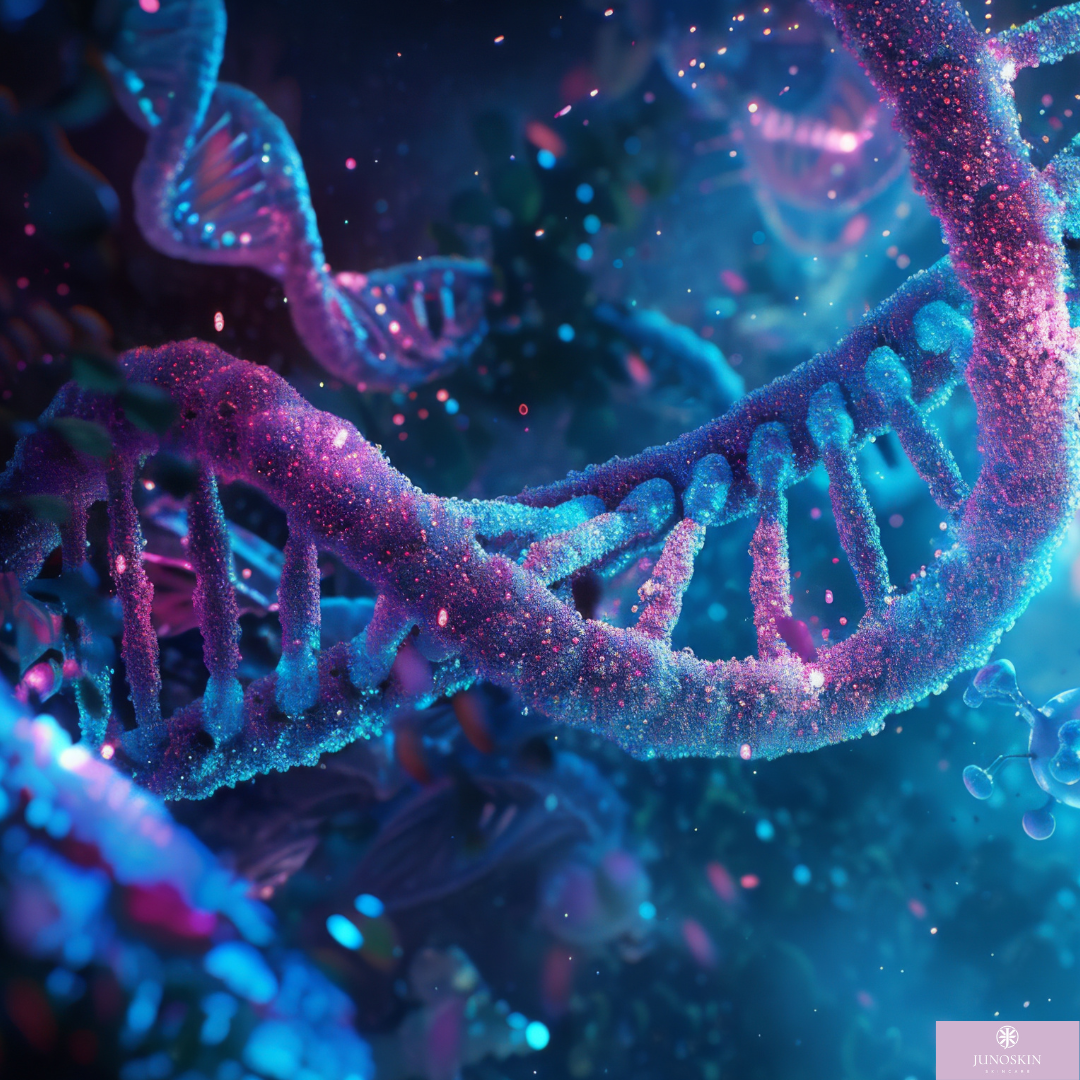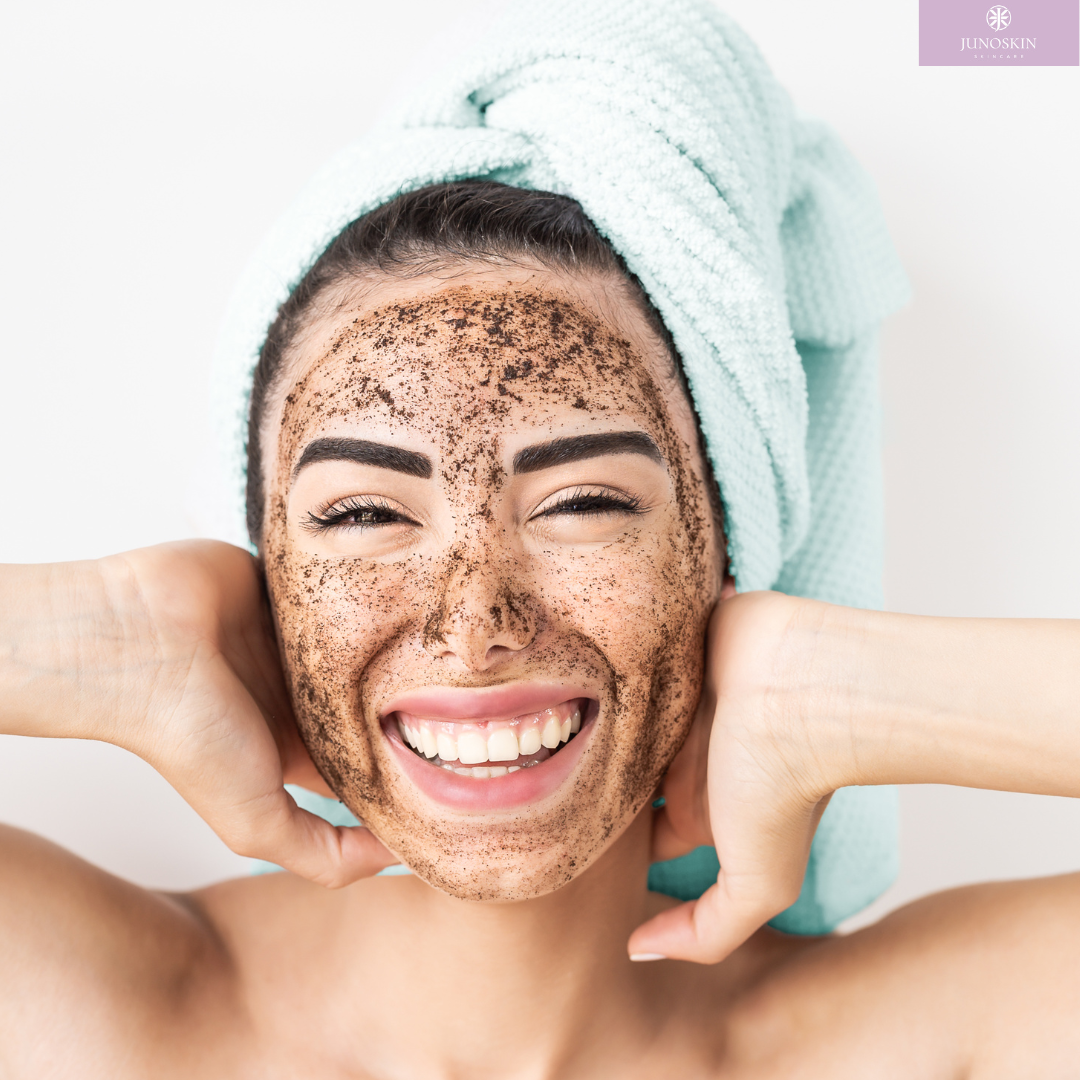In light of the current National Stress Awareness and Rosacea Awareness Months, here are some essential factors about how both conditions can impact the skin. Heightened stress and anxiety can increase inflammation, which may contribute to rosacea flare-ups.
Stress can cause the skin to become dry, flaky, sallow, red, and generally irritated. When the skin barrier is compromised, the skin can become more sensitive and inflamed. It's crucial to be cautious with topical skincare products and treatments. Improving the skin barrier involves stopping the use of any perfumed skincare products, avoiding skincare with strong actives (like retinols or acids), and maintaining a simple and consistent regimen.
A strong skin barrier is key to healthy skin. However, repeated stresses can damage the skin barrier, a common modern-day problem. If possible, remove all the stresses that are present. Common culprits include active skincare ingredients such as retinol, alpha hydroxy acid (AHA), and most other acids, with hyaluronic acid being an exception. Avoid frequent facials, exfoliation, constant touching of the skin, and friction from masks, helmets, and hair on the face, such as a fringe.
Treatments for Stressed Skin
Repairing the skin barrier is crucial in these situations. Avoid aggressive treatments and over-exfoliation. Opt for products rich in hydration that may include ingredients such as glycerol, squalene, hyaluronic acid, or ceramides/peptides.
We recommend:
Treatments for Rosacea
For individuals with rosacea, it's advised to avoid aggressive therapies such as ablative lasers. Light therapy, BroadBand Light (BBL)/ Intense Pulse Light (IPL), pulsed dye lasers, and AquaGold Fine Touch are recommended alternatives.
All patients with rosacea benefit from an adapted skincare routine to optimise the skin barrier. The rest of the treatment plan depends on the type of symptoms presented. Topical prescription creams and oral antibiotics might be necessary if small bumps are present. For background redness and flushing, topical creams may not be sufficient.
Understanding Rosacea
Rosacea is a common but poorly understood chronic inflammatory skin condition, typically affecting the face and more common in fair-skinned individuals. It causes flushing, redness, and small bumps similar to acne. Symptoms often start between ages 30 and 50. It can also affect the eyes and lead to changes in the skin texture of the nose (rhinophyma). Common triggers include alcohol, stress, anxiety, exercise, harsh skincare products, cold weather, strong winds, sun, certain foods, and menopause.
We recommend:









